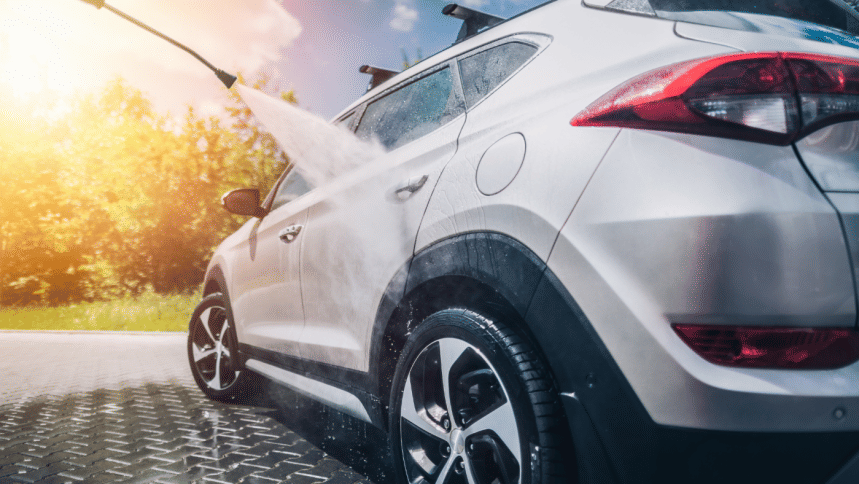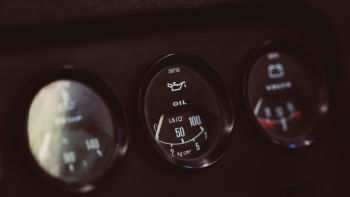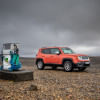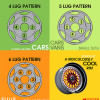Taking care of your car during heat waves: A quick guide

Summer is the season of battling the relentless heat, a bout which often causes our vehicles to bear the brunt of the scorching temperatures, potentially leading to performance issues and, in some cases, safety hazards. As the heat waves roll in, the importance of proper car care escalates. Let's take a look at some of the most essential elements of summer car care to ease your seasonal woes.
Battery care
While it's easy to associate battery woes with winter, summer poses its own set of challenges. Heat accelerates battery fluid evaporation, leading to corrosion and other issues. Regular check-ups ensure your battery remains in peak condition, avoiding untimely breakdowns.
Ensuring efficient air conditioning
Your vehicle's air conditioning is your frontline defence against the heat. Keeping the system in top shape means more than just a cool breeze; it ensures your car remains an oasis of comfort on the hottest days. This involves cleaning the filters and having a professional look over the system to catch any potential issues early on.
Oil and filter changes
Starting with the basics, the importance of regular oil and filter changes cannot be overstated. With summer increasing your engine's workload, efficient lubrication becomes crucial to prevent overheating and to keep your car running smoothly.
Tyre checkups
The state of your tyres is crucial, particularly during summer. The heat affects tyre pressure and accelerates wear, potentially leading to dangerous blowouts. A routine check to maintain the recommended pressure is not just a safety measure; it's a fuel-saving strategy, too.
Fluid level checks
The lifeblood of your car, from coolant to brake fluid, needs regular monitoring. Each fluid is vital to your vehicle's performance and safety, especially when temperatures soar. Ensuring these are at optimal levels can save you from a multitude of heat-induced troubles.
Extra considerations for the heat
On top of the usual tips, don't forget to go the extra mile for your car by checking out these additional pointers:
Protection from the sun: The sun's ultraviolet rays are as harmful to your car as they are to you. Regular washing, drying, and waxing act as a shield, preventing paint damage. For interior protection, sunshades and UV protectants help keep your dashboard and seats from fading and cracking.
Cooling system care: Choosing the proper coolant and ensuring your cooling system is adequately maintained is critical to avoid overheating. Follow your manufacturer's recommendations, and don't skimp on routine checks and replacements.
Overheating solutions: In the unfortunate event of overheating, knowing how to react can prevent damage. Turning off the air conditioning and switching on the heater helps draw heat away from the engine. If necessary, pull over safely and shut down the engine to cool. Remember, never attempt to open the radiator cap while it's hot.
Air Conditioning Performance: Make sure your air conditioning is working properly. A cool cabin is essential during a heatwave. You can get a mechanic to check the AC system if it's not functioning well.
Parking: Whenever possible, park your car in a shaded area or use a windshield shade to minimize sun exposure on the interior.
Emergency Kit: It's always a good idea to have a well-stocked emergency kit in your car, especially during extreme weather. This can include a fire extinguisher, jumper cables, flashlight, and bottled water.
Fire Extinguisher: A small 500 ml fire extinguisher can be a helpful safety precaution, but it's important to note that they may not be effective for all car fires. A small 500 ml fire extinguisher typically costs in the range of BDT 500-1000.
Larger fires may require a professional fire extinguisher. Make sure you and anyone who might drive your car know how to use a fire extinguisher properly. Read the instructions carefully and familiarise yourself with its operation. A fire extinguisher is a first line of defence, but if a car fire becomes large, it's crucial to evacuate the vehicle and call the fire department immediately.
By embracing these insights, you equip your car to face the heat head-on, ensuring reliability, efficiency, and, most importantly, safety. This summer, let's not just endure but thrive, knowing our vehicles are as prepared as we are.

 For all latest news, follow The Daily Star's Google News channel.
For all latest news, follow The Daily Star's Google News channel. 









Comments